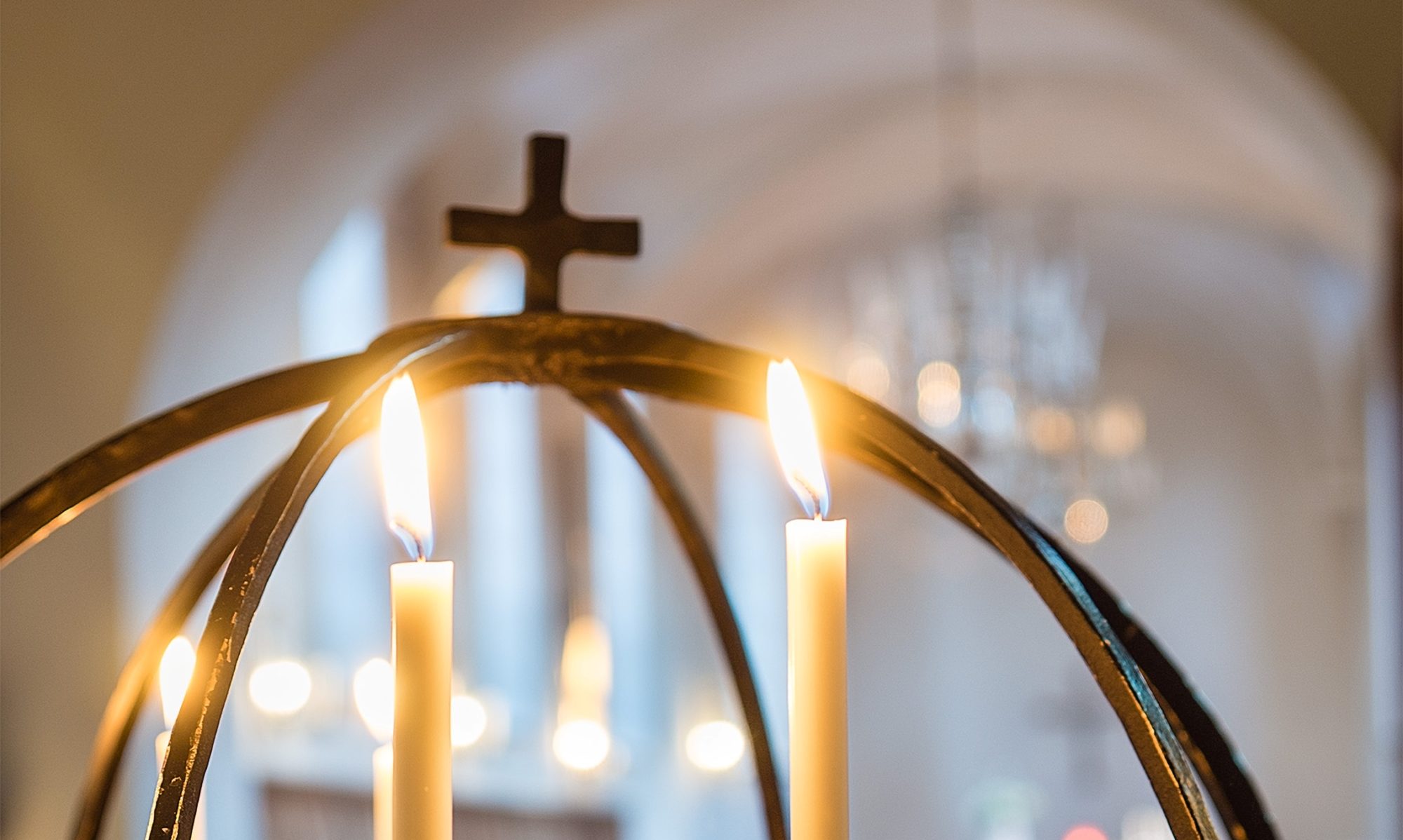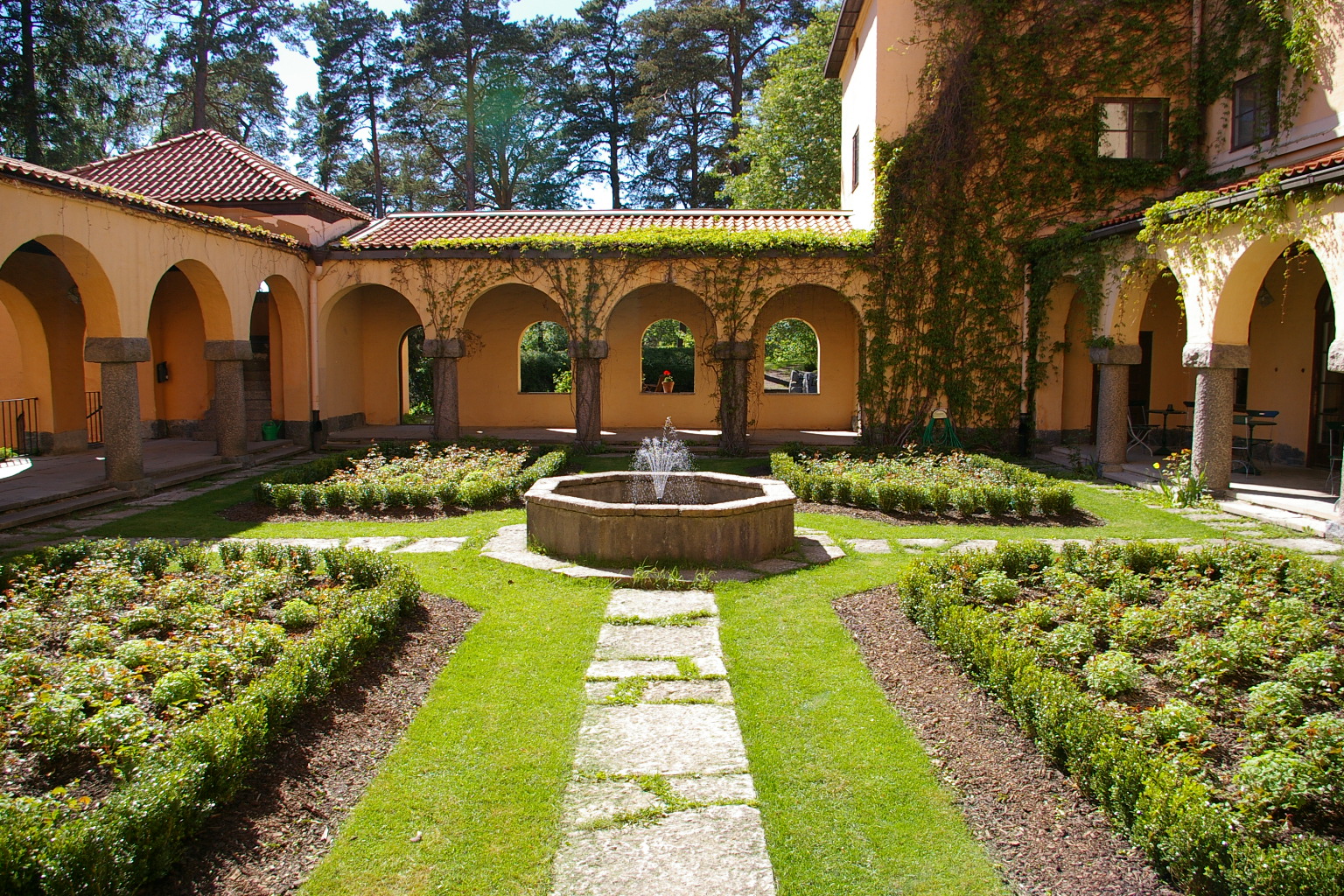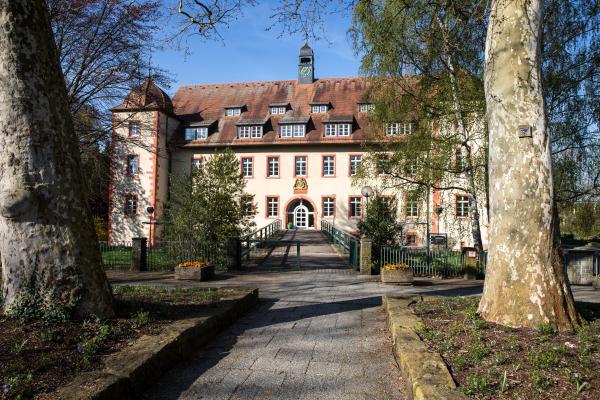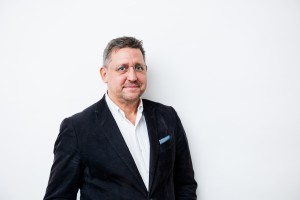Pre-invitation to The Arab-Europe Citizens’ Dialogue on Religion and Society
Gender – Media – Democracy, 9 to 12 August 2017 Sigtuna, Sweden
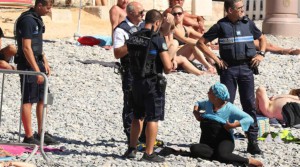 In recent years, we have seen the rise of many cultural tensions and conflicts, and even violent terror and war, in many parts of the world. This has not least been the case in Europe and in the Arab region. Religion, that in the more secularized parts of Europe in the late 20th century merely was considered as a private matter, has been at the core in many of these contemporary conflicts. Thus, issues around religion and democratic peaceful development are today burning issues, not least in Europe and the Arab region.
In recent years, we have seen the rise of many cultural tensions and conflicts, and even violent terror and war, in many parts of the world. This has not least been the case in Europe and in the Arab region. Religion, that in the more secularized parts of Europe in the late 20th century merely was considered as a private matter, has been at the core in many of these contemporary conflicts. Thus, issues around religion and democratic peaceful development are today burning issues, not least in Europe and the Arab region.
The Arab-Europe Citizens’ Dialogue
The Arab-European Citizens’ Dialogue represents one concrete way to work with the issues mentioned above. From 2010, there has been a series of consultations in both Europe and in the Arab region. The last Consultation, the 5th from the initiation of this dialogue project, was held at the Orthodox Academy of Crete in March 2016. In that Consultation, we set out to explore where active citizenship can make a difference – in the Arab region as well as in Europe. We are now ready to take the next step. The next Arab-Europe Citizens’ Dialogue is concentrating on Religion and Society, and the specific focus will be on Gender – Media – Democracy.
Below, you find some initial information and some practical matters. Feel free to contact any of the following persons if you have further questions:
For the Arab side: Samira Luka samira.luka@ceoss.org.eg
For the European side: Alf Linderman alf.linderman@sigtunastiftelsen.se
Conference organizers
The Arab-Europe Citizens’ Dialogue Conference on Religion and Society in Sigtuna 2017 is organized jointly by the Coptic Evangelical Organization for Social Services (CEOSS), Oikosnet Europe, Church of Sweden and the Sigtuna Foundation.
Conference venue
The conference will take place at the Sigtuna Foundation (Sigtunastiftelsen) in the small and picturesque city of Sigtuna located between Stockholm and Uppsala in Sweden. Sigtuna is only 17 kilometres from the Stockholm Arlanda Airport and thus very accessible.
Financial support for Conference fee and travelling costs.
The cost for participation, after subsidies by the Sigtuna Foundation, is SEK 4350 (app. EUR 450). As a member of Oikosnet Europe you have the opportunity to take part in the Conference free of charge. The number for participants with financial support is limited.
Please contact karin.sallander@sigtunastiftelsen.se if you are interested in taking part of the Conference.
If you are in need of financial support for your travelling costs, please contact the office of Oikosnet Europe office@oikosnet.eu
